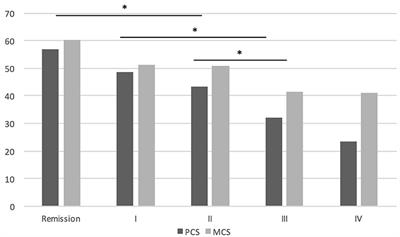EDITORIAL
Published on 07 Oct 2021
Editorial: News and Views in the Management of Myasthenia Gravis
doi 10.3389/fneur.2021.769086
- 1,697 views
63k
Total downloads
348k
Total views and downloads
EDITORIAL
Published on 07 Oct 2021
ORIGINAL RESEARCH
Published on 25 Feb 2021
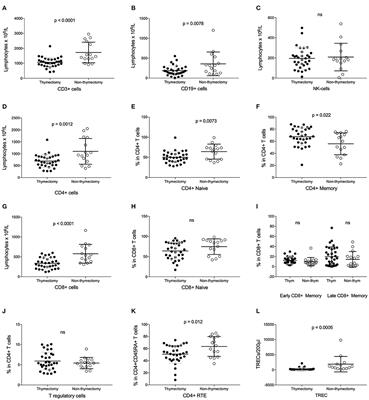
ORIGINAL RESEARCH
Published on 09 Feb 2021
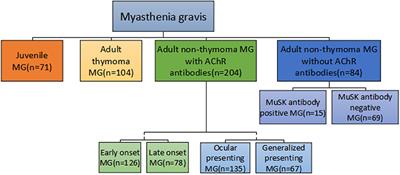
MINI REVIEW
Published on 23 Dec 2020
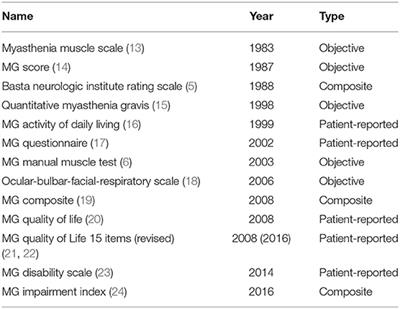
MINI REVIEW
Published on 15 Dec 2020
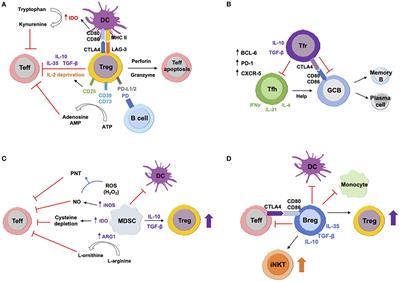
REVIEW
Published on 09 Dec 2020
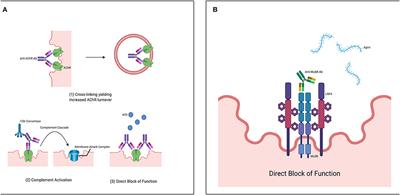
MINI REVIEW
Published on 30 Nov 2020

REVIEW
Published on 30 Nov 2020
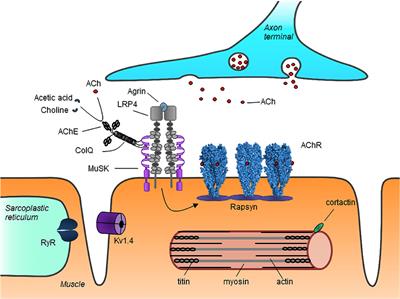
ORIGINAL RESEARCH
Published on 24 Nov 2020
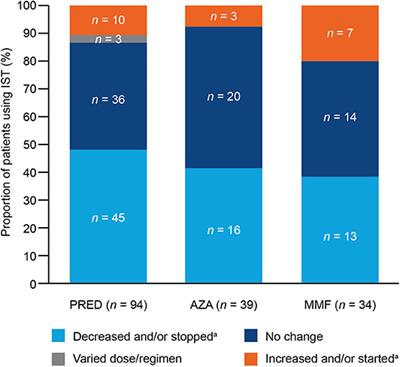
ORIGINAL RESEARCH
Published on 27 Oct 2020
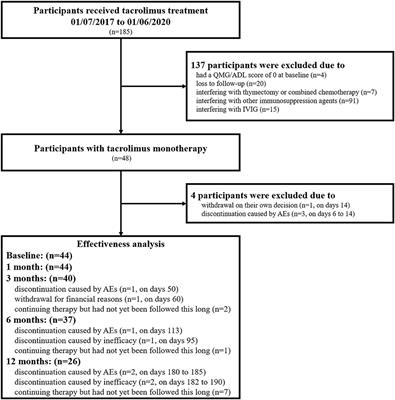
ORIGINAL RESEARCH
Published on 02 Oct 2020
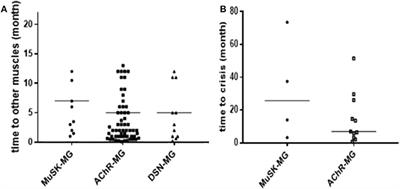
ORIGINAL RESEARCH
Published on 23 Sep 2020
